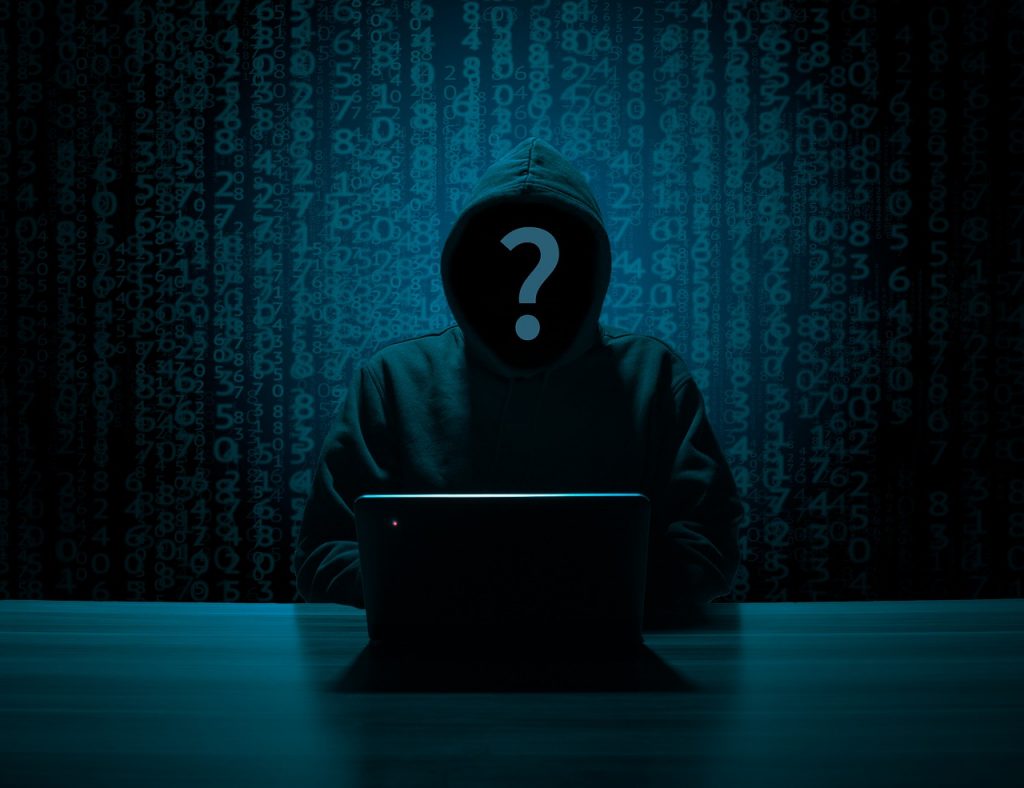So, you’ve been HACKED! Now what?
“Please do not accept any friend requests from me, I’ve been hacked!” How many times have you seen that lately on Facebook?
While millions of us routinely use Facebook daily, criminals are constantly on the lookout to hack into Facebook accounts, and the treasure trove of personal data lurking inside.
Many of us will recognize the seemingly odd post from a friend on Facebook, swiftly followed by a “Ignore my posts, I’ve been hacked” message.
But why do the fraudsters do it? They can already get access to people’s personal data through Facebook, as much of it is public, so what is the attraction of the wave of Facebook hacking? How is it done? Can you protect yourself?
If your friends are always posting the above message, the bad news is that their account may be among millions that have been compromised by a large scam campaign by hackers. They often use malware and other methods to gain access.
The most insidious thing is that if your friends or family fall for the friend request “trick”, then they will have the same problems, and on and on.
The good news is that if you recognize it in time, you can take measures to ensure it doesn’t happen again.
How do I know if I’ve been hacked?
If you worry that your account has been hacked, there is a simple way to check. Go to the arrow in the upper right-hand corner of your Facebook page and click on it. In the menu, select Settings. A new menu will pop up. Choose Security and Login and then Where You’re Logged In.

A list of all the devices that you’ve logged into, and their locations will pop up. If there is a login you don’t recognize, chances are you may have been hacked. If you see anything that isn’t you, click Not You? on the right side of the log.
So, what can I do you ask?
There are many ways to keep your accounts, especially Facebook more secure, and in general, your online presence as well.
- Never use easy passwords for multiple accounts
Don’t use the same password for Facebook as other accounts, particularly ones that people could gain financial access from. (Remember 1Password from a previous article?) Of course, if you think you may have been hacked, the first thing is to change your password to something more secure immediately.
- Employ multi-factor authentication
Two-factor authentication – where you get a text code or email, for example, to confirm it is you – may feel like another troublesome step to access your Facebook account, but it will give you added protection from hackers.
- Don’t overshare on social media
Think twice before answering those Facebook questions on your profile or the quizzes and polls that you see all the time. What might seem an innocent or fun question can be way for hackers to gain information about you by collecting some very handy answers to personal questions.
- Don’t use “Sign in With Facebook” on other sites
Resist the temptation to take the easy route when signing up to web sites, by using Facebook as the channel to sign in on. That’s like opening your cheque book and saying “help yourself!”
- Don’t befriend strangers
Keep your Facebook friend circle limited to people you know and trust. Hackers and criminals will often send requests to see what you are sharing to access your personal information. Adjust your security settings so only friends and family see your photos and posts.
- Have control over your actions
Tempted by that great deal on software or the latest trends? Don’t click on the link in a Facebook post, but rather, copy the URL if you’re interested. Then look at it outside of Facebook in another browser window to determine if it’s legitimate. The same goes for apps. Look for the advertised app in the app store, because clicks on links can sometimes install malware unknowingly.
On Facebook in a browser (not on mobile), go to Settings/ Security and Login/Setting Up Extra Security
Here you can set up such things as:
- Turn on login alerts so that you receive notifications when your account is logged into. This helps you catch a hacker early, before any major damage is done.
- Enable two-factor authentication, then choose an extra layer of security from the list.
- Choose your trusted contacts and add a few close friends or family members that can help you unlock your account if it ever becomes hacked
If it all seems like a lot of work, you’re right, it is, and it’s the way of the world now. You always need to be looking over your shoulder, and you may ask, do I need this? I’ll leave that to you to answer.
Editor’s note: This article originally appeared in our sister publication Just Sayin’ Georgian Bay and was contributed by JSGB guest author Ron Craig, aka Captain iPad
The post Facebook Woes: Have You Been Hacked? appeared first on Just Sayin' Caledon.


